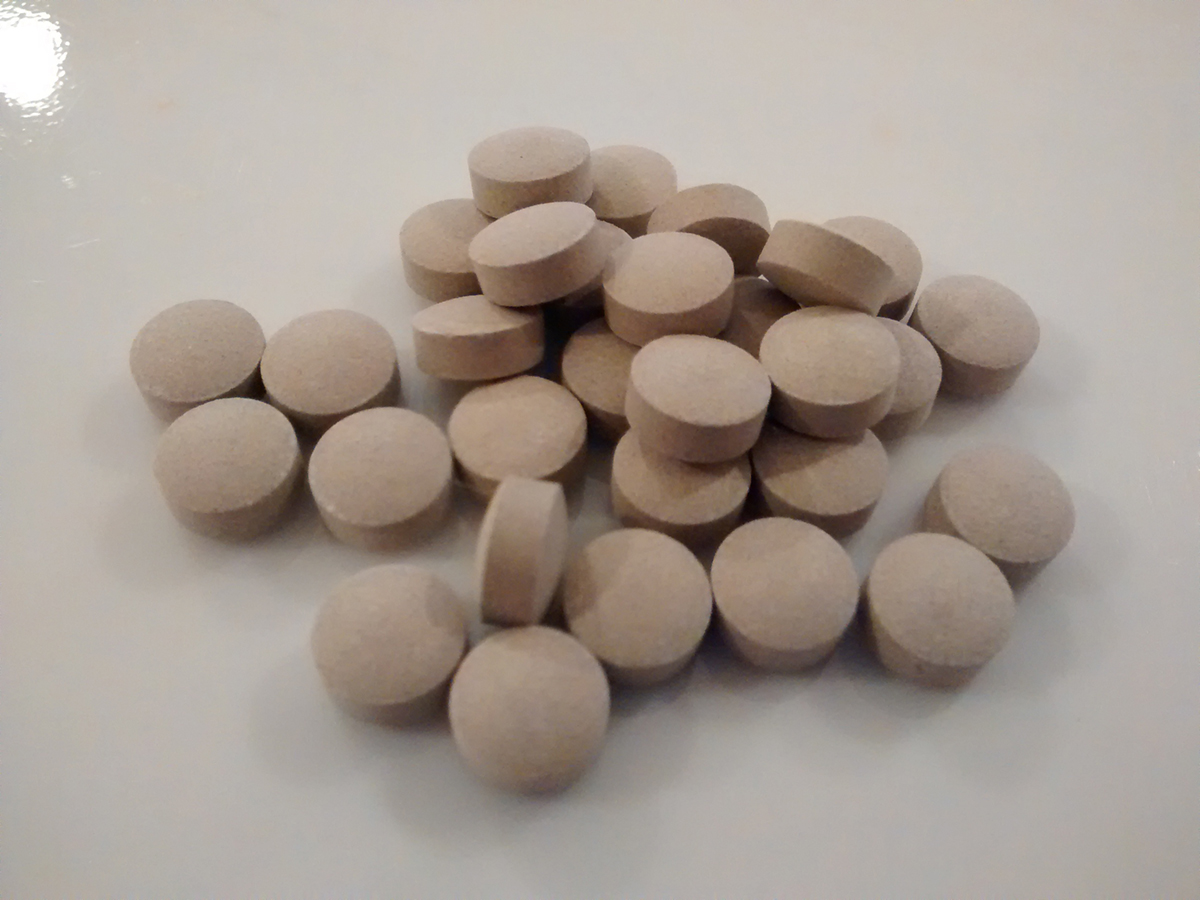
One of the most important minerals in the human body is iodine. This mineral is essential for the growth and development of the human body. The major function of iodine is to help the normal functioning of the thyroid gland. It assists in the production of the two main thyroid gland hormones, T4 and T3. As we know, the thyroid gland regulates most vital metabolic processes in the body. When there is insufficiency of the mineral iodine, certain thyroid gland disorders occur, such as goiter, for example.
Iodine can be found in many kinds of food like seafood, dairy products, eggs and spinach, as well as soya beans and iodized salt. When we consume these foods, we cannot get overdosed with iodine since the amount of iodine found in these foods is not very high.
Iodine overdose
In the majority of cases, iodine overdose happens due to consummation of a certain medicine that has iodine as an ingredient. The most common medicines with iodine are Lugol's solution, tincture of iodine and Pima syrup. Furthermore, the people who receive radioactive iodine therapy because they suffer from thyroid gland disease may also get overdosed with this mineral.
Symptoms of iodine overdose
When one gets overdosed with iodine, it is a very serious condition and medical attention is necessary in order to treat it immediately. Therefore, it is very important to detect the symptoms of thiscondition. The most common symptoms of iodine overdose are pain in the abdomen, which can vary in intensity, pain in the mouth and throat, and metallic taste in the mouth. Furthermore, the people who get overdosed with iodine may also experience low urine output, shortness of breath and mental confusion, as well as shock and seizures. Excessive thirst, diarrhea, coughing and fever, as well as vomiting are also some of the symptoms of iodine overdose.
Treatment of iodine overdose
When one gets overdosed with iodine, he/she must call emergency service first. Until they come, it is recommended that the affected person drink milk or a solution of flour and water every 15 minutes. When the patient is taken to hospital, he/she is given a breathing support and blood pressure, body temperature and pulse rate are checked by the doctor. Then, he/she is given oral medications, as well as oral administration of fluid. Activated charcoal treatment for the removal of toxins is given to some patient, while in several cases of iodine overdose, gastric lavage is conducted in order to wash out the stomach.


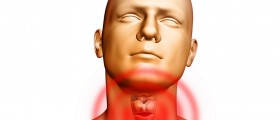

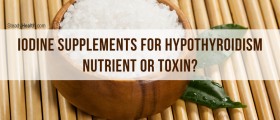






-What-Are-Your-Options_f_280x120.jpg)



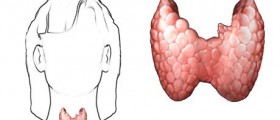
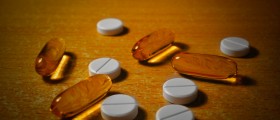
Your thoughts on this
Loading...